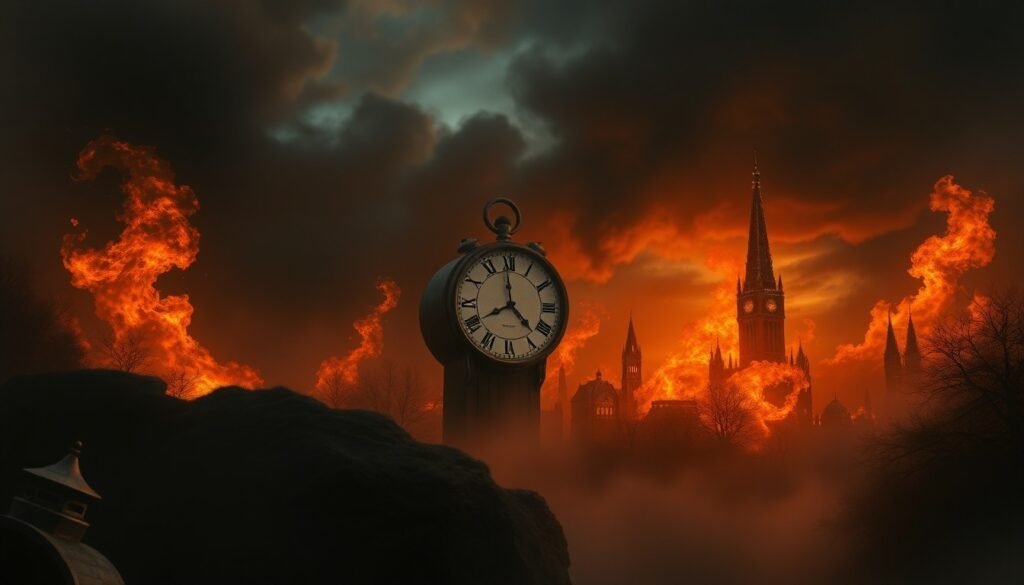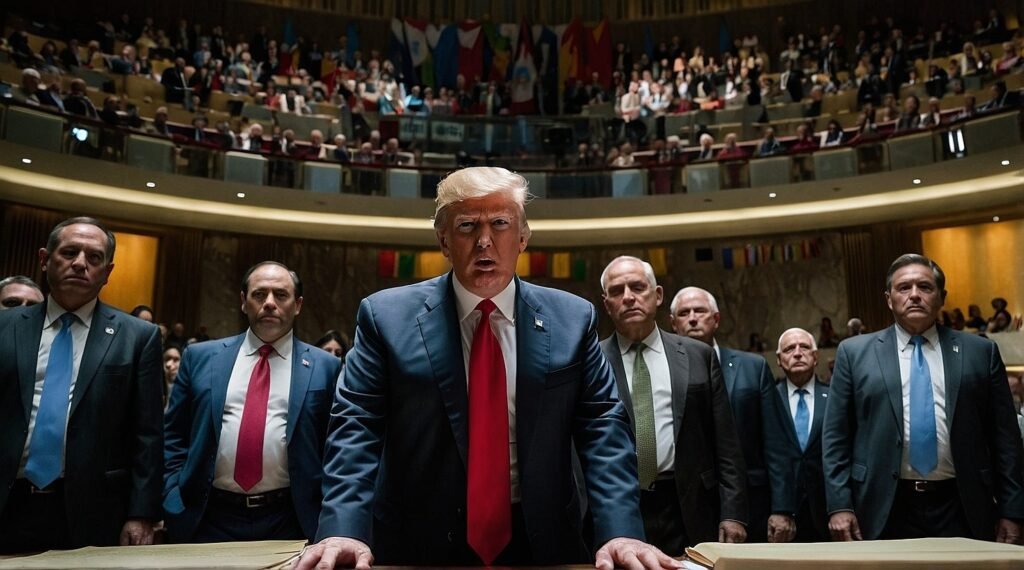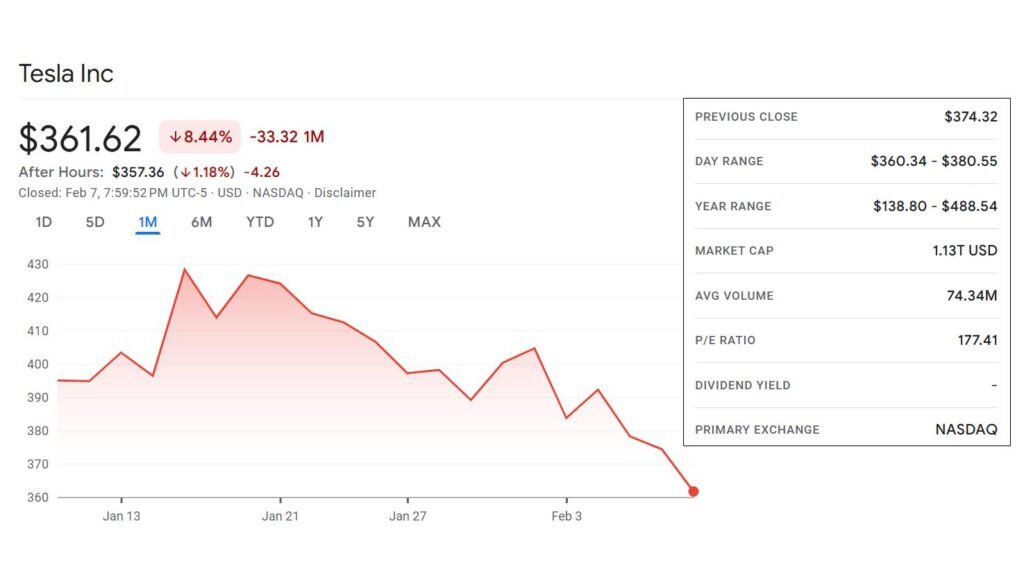|
Getting your Trinity Audio player ready...
|
As voters across the United Kingdom prepare to cast their ballots in the May 1, 2025 local elections, recent polling data reveals significant shifts and alarming trends that could dramatically alter the political landscape. This in-depth analysis draws from authoritative sources, including Election Maps UK, YouGov polling data, and major British news outlets, to provide a comprehensive overview of the evolving dynamics.
National Overview: Conservatives in Crisis
- Reform UK: 25%
- Labour Party: 23%
- Conservative Party: 23%
- Liberal Democrats: 14%
- Green Party: 6%
- Others/Independent: 9%
Current polls indicate that the Conservative Party is facing substantial losses. With around 940 council seats to defend, the party is vulnerable, primarily due to widespread voter dissatisfaction over economic management and lingering discontent from Brexit and post-pandemic recovery. Conversely, Labour, with approximately 290 seats to defend, appears poised for modest gains but still struggles to capitalize fully on Conservative vulnerabilities.
Reform UK, under Nigel Farage, continues its alarming rise, polling around 25% nationally and threatening traditional party strongholds. This surge signals deep voter frustration and the demand for fresh political narratives.
Regional Hotspots: Mayoral Elections as Key Indicators
The mayoral elections across various regions serve as a microcosm of the broader national political landscape, highlighting the intense competition and fragmented voter allegiances that characterize the UK’s current political climate. The outcomes in these critical regions could offer significant insights into future electoral patterns and the viability of emerging political forces.
Greater Lincolnshire
Polls show Reform UK making surprising inroads, challenging traditional Conservative dominance. This could signal a seismic shift in voter priorities, especially on immigration and economic policies.
Hull and East Yorkshire
YouGov polling places Reform UK in a highly competitive position, marking a significant threat to Labour’s historical dominance in the region. A victory here would dramatically amplify Farage’s influence.
West of England
Labour maintains a lead, but tighter margins suggest a precarious hold. The Conservatives’ declining influence here underscores the broader national erosion of traditional Tory strongholds.
Cambridgeshire and Peterborough
The mayoral race remains competitive with no clear favorite, reflecting a highly fragmented political landscape and increasing voter indecision.
Implications and Alarms: A Nation Divided
The fragmented political environment and surging populist sentiments raise concerns over governance stability and the future policy direction of the UK. These elections are becoming a referendum on traditional politics, potentially reshaping Britain’s political fabric profoundly.
We invite our readers to leave comments below with their perspectives on these critical elections. Make sure to check back with us daily—Thinquer will continue to closely monitor and analyze developments in this crucial political moment.









